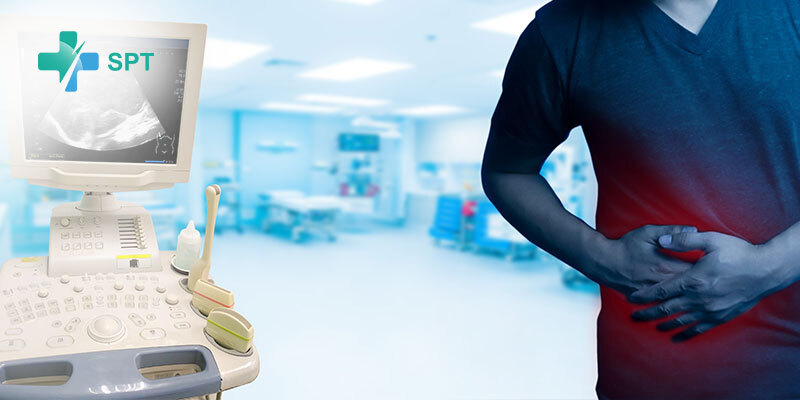Implementing EMR systems specifically designed for nephrology practices can significantly enhance the workflow and improve patient care. EMR software has built-in templates for nephrology-specific patient data, lab results, and patient health records. They also offer patient portals for patient engagement and access to patient information.
What Is EMR and How Is It Used?
EMR stands for Electronic Medical Record, which is a digital version of a patient’s paper chart. Generally, EMR is used to store, track, and manage patient information related to health and treatment. It allows healthcare providers to access patient records quickly and efficiently.
How Does Electronic Medical Records (EMR) Work in Nephrology Billing?
Electronic Medical Records (EMR) in Nephrology medical billing work by storing patient information electronically, allowing for easier access and organization of data related to nephrology treatments and billing. EMRs help streamline billing tasks by eliminating the need for paper records and enabling nephrologists to quickly input and retrieve patient information. This saves time and reduces the risk of errors that can occur with traditional manual methods.
In addition, EMRs can also improve communication between physicians, leading to better coordination of care for patients with kidney disorders. As a whole, the use of EMRs in nephrology RCM can enhance the efficiency, accuracy, and quality of nephrological care.
Top 7 Benefits of EMR for Nephrology Practices

The top benefits of EMR for nephrology include improved patient outcomes, efficient medical billing, and compliance with meaningful use regulations. Not only physicians can easily access and update patient charts, leading to better care coordination, but using an EMR also helps streamline practice management and ensure patient privacy. Additionally, nephrology EMR solutions are often cloud-based, offering flexibility and accessibility for nephrologists. Let’s look at some of these benefits in detail, below:
Improved Patient Care
EMRs provide immediate access to patient records, ensuring nephrologists have the information they need at their fingertips. Treatment plans can be tailored to the individual needs of each patient, improving care outcomes.
Streamlined Administrative Tasks
EMR systems streamline appointment setting and billing, making administrative tasks more efficient. They also make it easier to maintain accurate and up-to-date patient data, reducing paperwork and administrative burdens.
Better Communication and Collaboration
EMRs enable better communication among nephrologists and other healthcare providers, ensuring cohesive patient care. They also allow for the secure exchange of patient data, enhancing collaboration without compromising privacy.
Enhanced Data Analysis
EMRs provide data that can be used for nephrology research and analytics, helping advancements in this medical specialty. Utilizing EMR data can lead to insights that improve patient care and outcomes in nephrology.
Cost-Efficiency and Time Savings
Implementing EMR systems can significantly reduce the operational costs associated with traditional paper records. EMRs streamline workflows in nephrology practices, saving valuable time for both providers and patients.
Improved Patient Engagement
EMRs can be used to educate patients about their kidney health and treatment plans, enhancing engagement. Features like online appointment booking and access to personal health records through EMR improve patient satisfaction.
Regulatory Compliance
EMRs help ensure that nephrology practices meet healthcare regulations and standards. They facilitate easier and more accurate reporting for audits, reducing the compliance burden on practices.
Best Nephrology EMR Software Vendors
Top choices for nephrology EMR software include the following reputable EMR vendors offering cloud-based solutions.
- Epic EMR
- Cerner Corporation
- Meditech
- NextGen Healthcare
- Allscripts
- Praxis EMR
- Athenahealth
- eClinicalWorks
These integrated practice management software systems provide a comprehensive software solution for renal physicians. Many of these vendors offer free demos to help assess the management software before committing to a purchase.
Conclusion
To Summarize, implementing EMR in nephrology enhances workflows, improves patient care, and streamlines billing and communication. With nephrology-specific features, EMRs offer better patient outcomes, regulatory compliance, cost savings, and increased engagement. These systems simplify access to records, administrative tasks, and research data, ensuring efficient, compliant kidney care.





